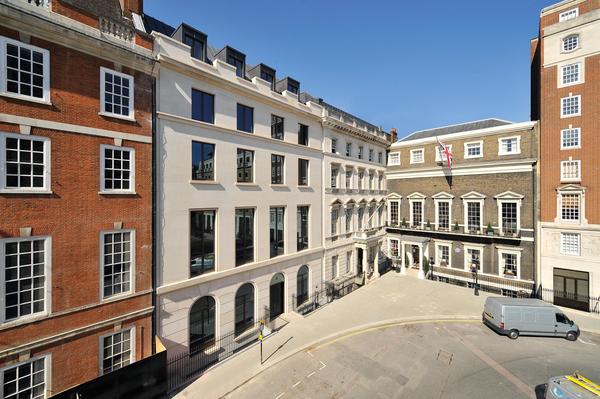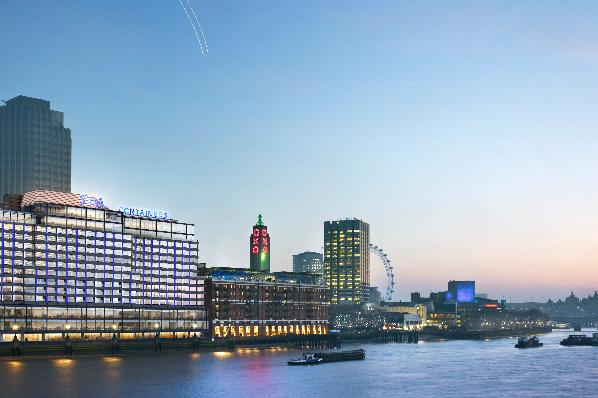Economic outlook
The London economy is performing well ahead of its European peers, delivering higher growth but also notable labour market gains, with unemployment at its lowest since 1975. Furthermore, indicators of activity across investment, housing and recruitment are all positive, helping underpin confidence and offset slower export growth. With the parliamentary election settled, headwinds faced by the economy have declined, although the referendum on EU membership may have an impact closer to the vote in 2016. Meanwhile, the risk of deflation is limited, although as the UK attracts more investment, the pound will remain strong, slowing any return of higher inflation.
The Investment market
Momentum in the investment market continues to build as a growing number of overseas and domestic players target London and resurgent finance markets add more debt availability to the existing sea of equity. However, the enduring theme across all sectors is the poor availability of prime stock, leading investors to take on risk or seek new markets. Nonetheless, with real occupier market growth, London will remain a focus for global demand.

The Office Investment Market
The office investment market is seeing strong demand, with volumes reaching £9 bln in H1 2015, one of the strongest performances on record. There is, however, a growing divergence between different markets, with the West End held back by stock shortages and with the pressure to invest clearly mounting, more demand is flowing into surrounding submarkets.
The strength of the leasing market is a key support for investors, with take-up in H1 20% up on 2014 and rents not far below pre-crisis highs. Development interest and pre-lets are increasing, with vacancy at just 2.5% in the West End and 6.9% in the city. London’s emerging media and tech sector has been a key source of growth but financial and professional services are both also now contributing.
Retail investment
The central London retail market is buoyant, with a large number of international lifestyle and fashion brands as well as restaurants fiercely competing for space. With notable supply constraints and high demand for flagship and new concept stores, rents are at record highs and remain under pressure to rise in both core and off-core locations as demand overflows from the main thoroughfares and centres.
In the face of this, the weight of investment capital targeting central London retail remains intense, with foreign investment particularly strong of late. Prime shop yields are now below 3%, shopping centres at 4%, and with opportunities to invest still limited, a growing proportion of activity is taking place outside core locations, often targeting asset management potential.

Warehouse/Logistics Market
The UK’s leading position in e-commerce is reflected in a marked increase in logistics sector activity as retailers develop their omni-channel platforms. This has accelerated demand across all regions but London is very much a key focus and strong rental growth is underway. Primarily, online retailers and third party logistics operators are leading demand for large, modern logistics space, while in the mid-box sector, parcel operators and mid-level retailers are driving demand.
Investors are excited by the potential of the sector and yields are setting record lows as they compete to buy, with portfolio opportunities keenly pursed and speculative development increasing. However, with demand for prime stock well ahead of supply, occupiers and investors are having to target well-located secondary markets.
The Hospitality Market
The hotel market continues to build momentum, with sustained improvements in operating revenues together with rising investment demand. The positive economic outlook is expected to further boost performance, despite the impact of a strong pound on overseas visitors. Leading performance indicators for London hotels are in fact relatively strong and the supply pipeline is healthy, with budget hotels in particular continuing their aggressive expansion and the boutique market seeing a raft of new openings.
Building on a strong 2014, when London overtook Paris as Europe’s leading hotel investment market, 2015 started strongly. Local and overseas institutions, high net-worth individuals and private equity mainly drive demand, while opportunity funds have also been active.
















